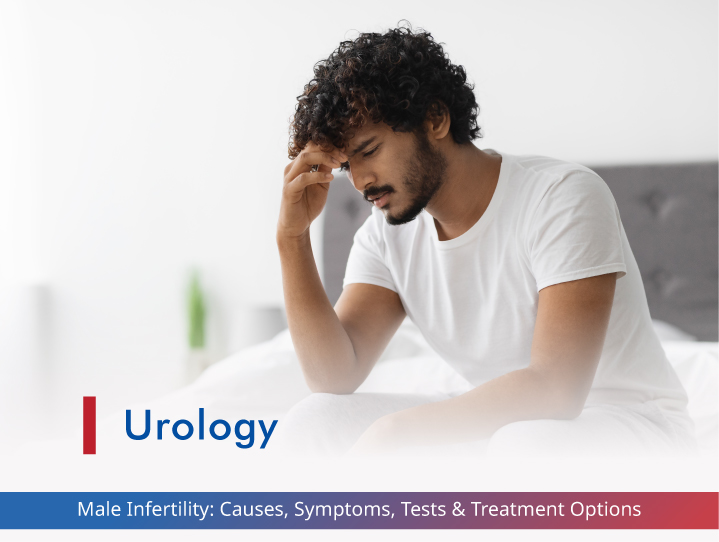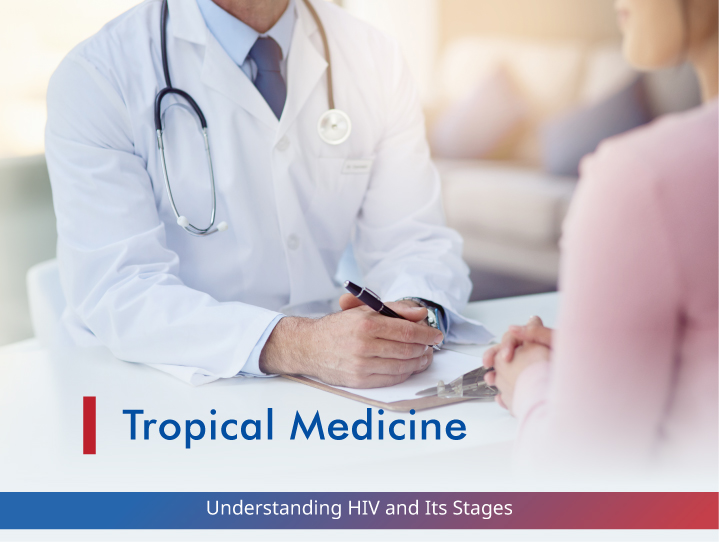What is PCOS
Polycystic ovarian syndrome (PCOS) is a hormonal disorder common in women of reproductive age. In this disorder, there is an imbalance in the metabolism of androgens and estrogen.How Many Women Does it Affect in India?
It is one of the most common endocrine disorders of women in the reproductive age in India. It affects women between the ages of 15-44 years. The incidence is 9 – 22% in young women. It is more in women who live in the urban areas than the rural areas. The incidence being 22% vs 11%.Causes
The exact etiology or the causes of PCOS are largely unknown. It is known to run in families, so your risk of being affected by PCOS is higher if you have a mother or sister who is affected. It appears to have an autosomal dominant mode of inheritance. A genetic predisposition is difficult to prove as there is not enough evidence to this end. Obesity is also associated with PCOS and there is some evidence that women who are obese are at a higher risk of PCOS. Stress and factors such as diet, exercise and pollution may play a role in the development of PCOS. Women with PCOS have abnormalities in the metabolism and production of certain hormones eg. Androgens, estrogens, luteinizing hormones. PCOS is associated with higher levels of insulin in the blood and insulin resistance.Symptoms
Most women present with menstrual irregularities (80%) and cosmetic problems. Menstrual cycles can be irregular eg. occurring once in 2 to 6 months as opposed to a regular cycle of 28 – 30 days. A small percentage may have no periods at all and will need medication to induce periods. They may have prolonged heavy periods, scanty flow or irregular flow. Cosmetic problems – Girls usually present with acne (20%), hirsutism – increased hair growth (45 – 70%) and more rarely male pattern hair loss. Fertility issues – Women can present with difficulty in conceiving and an increase risk of miscarriages.Other Problems
Apart from this, women are also at risk of Obesity (31 – 38%), Early Diabetes (Insulin Resistance), High Blood Pressure, Fatty Liver, Increased risk for cerebrovascular disease (strokes etc.). The lesser-known associations are eating disorders, depression, endometrial cancer and sleep disorders.Treatment
Despite several advances in the world of medicine the treatment of PCOS remains the same. This centers around weight loss and lifestyle modifications. A reduction in weight helps balance out the abnormal levels of hormones and reduces the symptoms to some extent, although a complete cure may not be entirely possible. The mainstay of treatment is lifestyle changes. Regular moderate exercise is important and weight loss has been shown to improve the symptoms of PCOS. Even a five percent weight reduction will help relieve symptoms. Eating a healthy high fiber carbohydrate diet is recommended. Exercise and diet also lower the blood sugar levels and help to reduce the risk of diabetes. Smoking increases androgen levels so quitting smoking is important. Menstrual Irregularities – Birth control pills are used to regularize periods. Drugs containing progesterone only are used to induce periods once in 3 – 4 months if the woman does not want to take the birth control pill every day. Cosmetic – Birth control pills containing cyproterone acetate are used to treat hirsutism and acne. This treatment has to be used for a minimum of 6 – 9 months in order to see results. Apart from this mechanical methods such as threading, waxing, laser are advised for excess hair growth. Fertility – In women who do not fall pregnant despite weight loss ovulation drugs and injections can be used. Role of Metformin – this is a drug given to diabetics. In PCOS it reduces insulin and luteinizing hormone levels and contributes to weight loss if taken regularly for 6 months. Apart from the medical management mentioned above, laparoscopic ovarian drilling is used in women desiring fertility and has been found to increase the chances of conception. In the morbidly obese woman bariatric surgery may be considered if lifestyle modifications have failed. However, it must be emphasized that the long term management of PCOS is weight loss and lifestyle modifications.Foods to Avoid if you have PCOS
- Refined carbohydrates, such as mass-produced pastries and white bread
- Fried foods, such as fast food
- Sugary foods especially Indian sweets which have a high content of sugar
- Sugary beverages, such as sodas and energy drinks, bottled and canned fruit juices
- Avoid or limit red meat such as pork, beef and mutton. Processed meats, such as hot dogs, sausages, and luncheon meats can contain preservatives and additives and have a high level of sodium
- Solid fats, including margarine and lard.
Tips to Lose Weight if you Have PCOS
Increasing your physical activity has a number of health benefits:- It plays an important role in weight loss or weight maintenance.
- Makes your body more sensitive to insulin and so reduces insulin resistance.
- Even a small increase in exercise can help weight loss. It is recommended that adults do at least 150 minutes of physical activity a week. A 10-minute walk after a meal may increase energy levels.
- Some of the activities that help weight loss are: Swimming, cycling, running, brisk walking, Zumba, Dance, Sport etc.
- Ways of increasing the amount of exercise in your daily routine include: Walking upstairs instead of taking the lift, Walking the dog, Getting off the bus a few stops earlier, Parking your car further away from the shops and walking some of the way
- Set weight loss goals, use a BMI calculator to customize your plan, record your activity and progress
Myths Regarding PCOS
- PCOS is a rare condition – Not so. As mentioned above it affects about 9-22% of young women in India
- You have to have ovarian cysts to have PCOS – Wrong. It is a hormone imbalance which may or may not be associated with tiny follicles in the ovaries. Not all women diagnosed with PCOS have follicles on their ovaries.
- Irregular periods are caused by PCOS – Not true. PCOS is one cause of an irregular menstrual cycle, but there are so many other reasons. A normal cycle ranges from 21 – 34 days. Factors such as stress, thyroid disorders or other endocrine conditions, fibroids, or extreme dieting can lead to an irregular cycle.
- Women with PCOS cannot lose weight – Again this is not entirely true. Weight loss may be harder for women with PCOS, but it’s not impossible. Many women with PCOS have a lowered sensitivity to insulin, a hormone that regulates sugar in the blood. This is known as insulin resistance, which is a risk factor for type 2 diabetes and may make it difficult to lose weight, even if you are following a healthy lifestyle. Seeking the help of a dietician and endocrinologist can also help with weight loss.
- You cannot get pregnant if you have PCOS – Not entirely true. PCOS is a common cause of fertility problems for women, but that doesn’t mean carrying a pregnancy to term is impossible. Many women with PCOS can conceive on their own or with the help of fertility treatments. Lifestyle changes and a healthier diet can also improve the chances of conceiving







